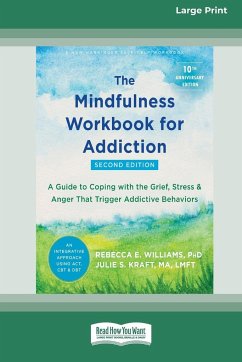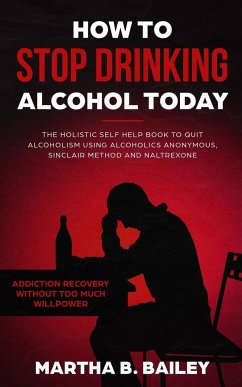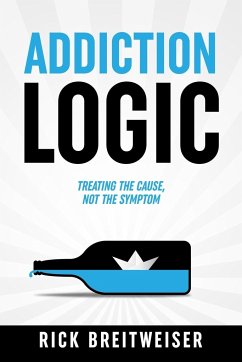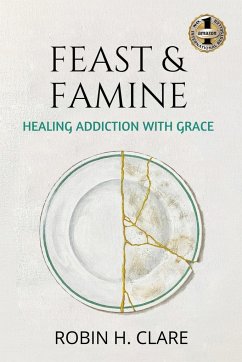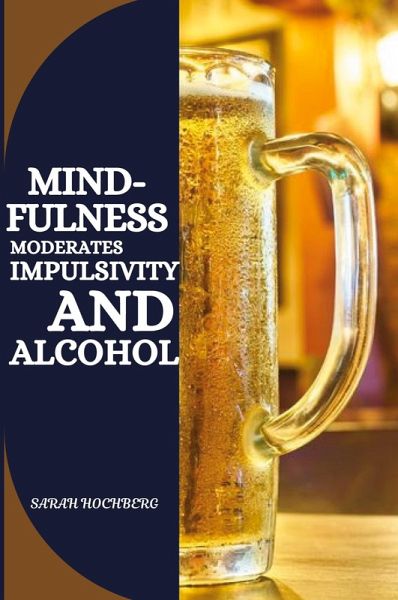
MINDFULNESS MODERATES IMPULSIVITY AND ALCOHOL
Versandkostenfrei!
Versandfertig in 1-2 Wochen
20,99 €
inkl. MwSt.

PAYBACK Punkte
10 °P sammeln!
In active addiction, the brain's neural systems orient towards satisfying cravings to reduce biomechanical stress, by boosting craving and reward signals and inhibiting decision-making in the prefrontal cortex. This stands as a risk factor for drinking-related consequences. Mindfulness, with its features of intentional awareness and present-moment focus, can aid with the reduction of impulsivity, and decrease those consequences. In this study, participants completed self-report questionnaires for impulsivity, mindfulness, and drinking-related consequences. Correlations were analyzed, and eight...
In active addiction, the brain's neural systems orient towards satisfying cravings to reduce biomechanical stress, by boosting craving and reward signals and inhibiting decision-making in the prefrontal cortex. This stands as a risk factor for drinking-related consequences. Mindfulness, with its features of intentional awareness and present-moment focus, can aid with the reduction of impulsivity, and decrease those consequences. In this study, participants completed self-report questionnaires for impulsivity, mindfulness, and drinking-related consequences. Correlations were analyzed, and eight mediational models were run, utilizing subscales and facets of the constructs.



